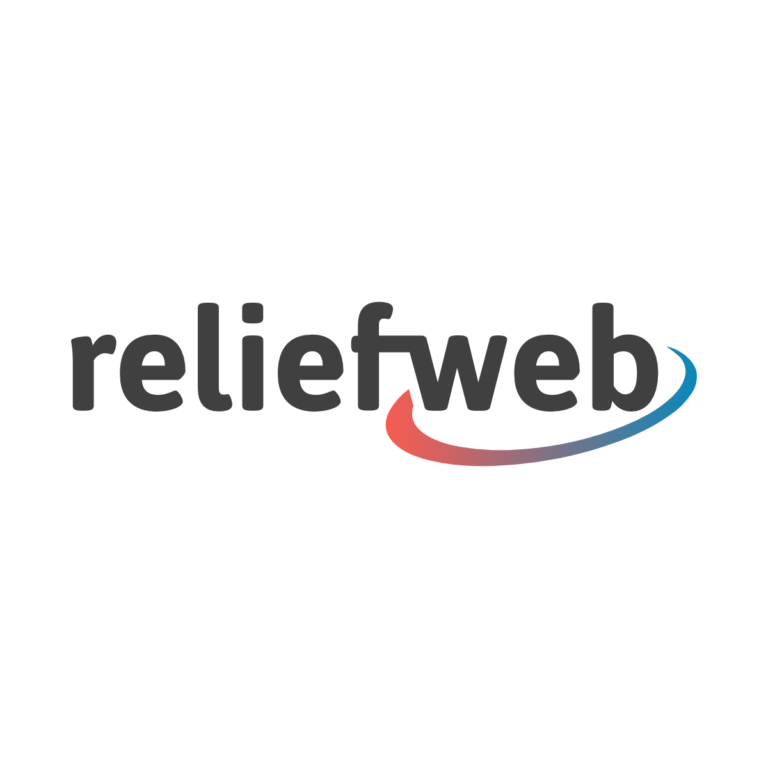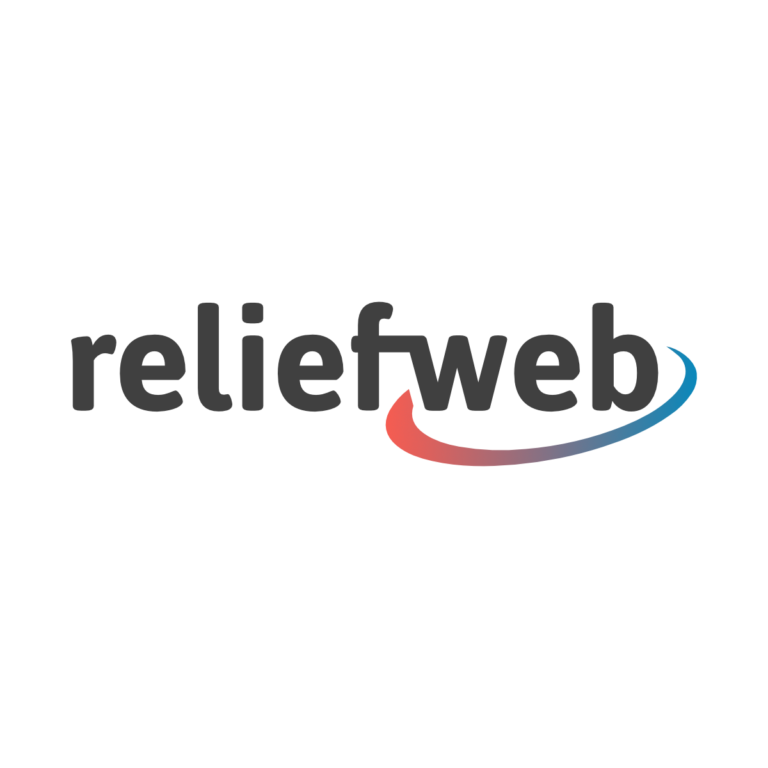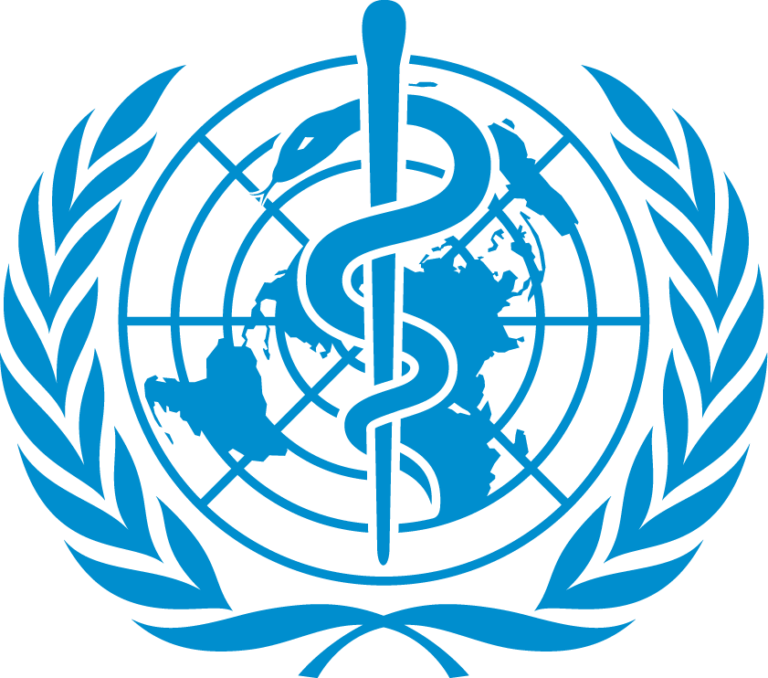Deadline: 8-Aug-22
The Elton John AIDS Foundation is accepting concept notes for Robert Key Memorial Fund (RKMF) to address violence, stigma, and discrimination towards sex workers at-risk or living with HIV.
The Fund welcomes proposals that use an intersectional approach to address particularly marginalised communities of sex workers, such as LGBTQ+ sex workers, male sex workers, migrant/refugee sex workers, sex workers who use drugs, and young people involved in sex work.
Priorities
- Community based Organizations: The RKMF will prioritise Community Based Organisations or Community Led Organisations who have a deep understanding of the context in which they work and that have built strong relationships with the communities they seek to serve. The RKMF will prioritise smaller, local organisations and therefore through the RKMF, organisations will only be eligible to apply if their annual income is equal to or under USD 500,000/GBP 400,000 (or equivalent to USD 500,000 in local currency).
- Innovative or particularly impactful solutions: The RKMF will prioritise solutions which demonstrate innovation or are particularly impactful. Proposals should aim to address gaps or build existing evidence about effective interventions by applying them in new ways. The RKMF is looking to support proposals that can highlight why the approach proposed is the most effective way of addressing the problems/issues identified.
- Focused on Key Communities: At the Elton John AIDS Foundation they focus on the most marginalised populations that are so often left behind and excluded from mainstream HIV response efforts. The RKMF 2022 will focus on supporting proposals that serve sex workers (people who sell sex and people involved in sex work referred to collectively as sex workers in this document). The Fund welcomes proposals that use an intersectional approach to address particularly marginalised communities of sex workers, such as LGBTQ+ sex workers, male sex workers, migrant/refugee sex worker’s, sex workers who use drugs, and young people involved in sex work.
- Sustainable Solutions: The RKMF will prioritise solutions where sustainability has been built into the design of the programme and the organisation can demonstrate how the benefits of the programme will outlast the life of the grant.
- Community Driven: The RKMF will prioritise interventions where the applicant can demonstrate how community members have been involved in the design, implementation, and monitoring of the proposed solution. Community-led responses will be prioritised.
Funding Information
The RKMF is looking for concept notes for up to $50,000 for evidence informed projects implemented in eligible countries, between 12 and 24 months in length.
Eligibility Criteria
- Implementation Location: Interventions must be implemented in one or more of the below countries (for this round of RKMF funding).
- Organisational strengthening: Organisations can allocate up to 20%/$10,000 of the funding requested for organisational strengthening, building the capacity of leaders, staff training, and mental health support for staff. These costs will need appropriate justification in the concept note narrative.
- Type of Applicant: Ineligible entities include individuals and governments. No organisation may financially profit from implementation of project activities. Profit is defined as any amount in excess of allowable direct and indirect costs. The Fund is looking for concept notes from communitybased or led organisations, with an annual income of USD 500,000/GBP350,000 (or equivalent to USD 500,000 in local currency) and under. Multiple organisations can apply as a consortium, however the roles of the various organisations in the consortium must be clearly demonstrated in the concept note.
- Registration and Bank Account: The applicant must be a registered entity and must have an active organisational bank account. However, if you are an unregistered organisation, they will consider your concept note if a fiscal agent (that is a registered organisation) applies on your behalf (the fiscal agent must pass the Foundation’s due diligence checks before any funding is awarded).
- Completeness and Language: All Application information and supporting documentation must be submitted in English; they are unfortunately unable to process any proposals submitted in any other language. Online submissions must be completed in full to be considered eligible for review; incomplete submissions will be considered ineligible. Applicants must be ‘submitted’ on the Foundation’s online system to be considered.
- Eligible Costs: The Foundation is open to supporting all costs that are justified in relation to achieving project goals. However, grant funds cannot be used to purchase or procure essential medicines (e.g., antiretroviral therapy) or to pay government employee salaries.
For more information, visit https://www.eltonjohnaidsfoundation.org/funding/









